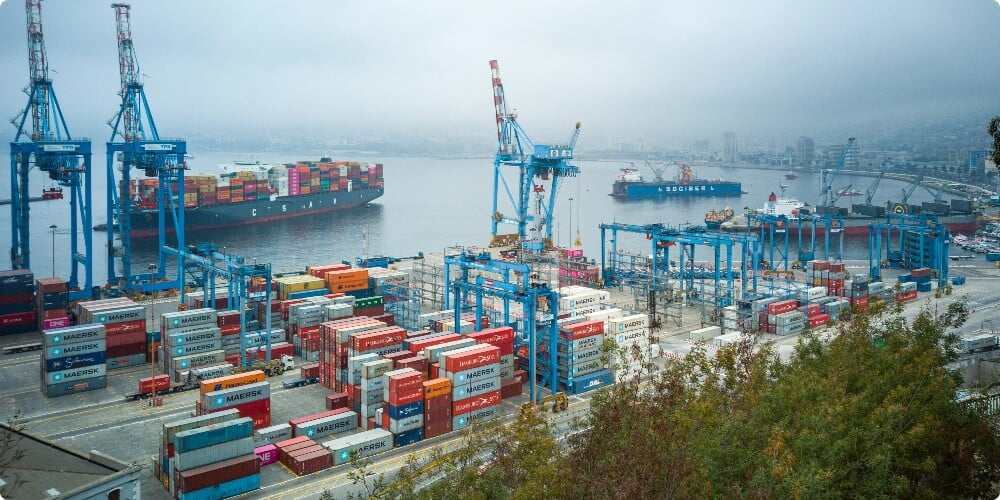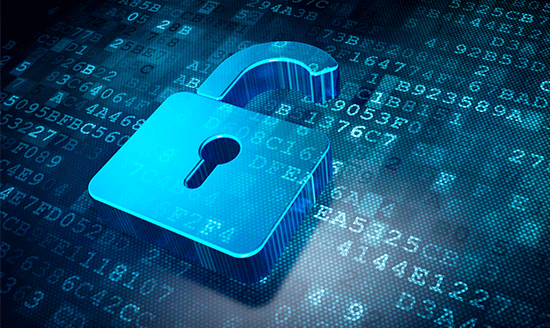Top 5 Benefits of ERP System for Supply Chain Management in 2018

Supply Chain Management during the course of history
Rome wasn’t built in a day, and neither was its supply chain! Today, at the dawn of the information age, we are often surprised to learn that many of the procurement and purchasing practices that are considered revolutionary, were in fact developed thousands of years ago! From the crafting of contracts and legal obligations, to the certification of contractors and the development of material quality standards; nearly every aspect of procurement as we know it today has its roots in the public projects and commercial enterprises of societies that existed centuries before our own, leaving no doubt as to the importance of procurement and supply chain to the development of complex societies. Beginning with the ancient Greek, Roman, Chinese and Mesopotamian civilizations, leading up to the Middle Ages, the Industrial Revolution and finally to the global supply chain of the late twentieth century; the principles and practices of procurement as we know them have long been intertwined with, and essential to, the expansion of human societies.
Supply Chain Management Systems
In today’s market, companies need to adapt to new challenges and changes. Most of the large and mid-size companies have complex organizational structures. They have to deal with both internal and external stakeholders. So they need to make sure that the right data and information is available all the time. Supply Chain consists of suppliers, manufacturers, distributors, retailers and customers. It aims to match supply and demand, profitably for products and services. SCM involves planning, execution, control and monitoring of supply activities. The purpose of supply chain management is to improve trust and collaboration among supply chain partners. Three types of flows in SCM: Material flow– The physical flow which represents the movement of product from supplier to customers as well as the movement of product from customers to suppliers in case of servicing, repairing etc. Information flow – Capacity, order tracking, delivery schedule. Financial flow – The credit terms, invoices and other ownership arrangements. This flow requires the highest level of co-operation between members of the supply chain.
The Role of ERP in Supply Chain Management in 2018
An ERP system is essential for accessing real-time operational information across multiple departments and businesses. Lacking clear insight into the various activities and working processes that organize your supply chain can leave you unable to create procedures that offer a sustainable competitive advantage. Now, people are using ERP systems for managing the supply chain. ERP Supply Chain Systems have various functional modules that help in all business roles. The most important function of ERP Supply Chain Systems is integration. It integrates data and processes from all functions of an organization. ERP Supply Chain Systems play a key role in several aspects of the creation and maintenance of a superior procurement process, which may include: Demand and Planning Automatically creates demand when orders are received. ERP streamlines supply chain management by creating effective job scheduling. As a result, managers can know in real time what resources are being consumed and which resources are used. This helps them to plan product delivery dates. Procurement An ERP Supply Chain Management System offers more effective ways to manage procurement and supply of products, services, and other resources across the chain. Several manual tasks such as communicating with vendors/suppliers and keeping track of communications can easily be automated with Supply Chain ERP. Production The system enables the creation of bill of material (BOM) for each item. After production starts, all records for machine and labor resources are created and updated in real time. All shipping documents are recorded through the ERP Supply Chain System for proper management, eliminating errors due to manual processes. Shipment Once the item has been shipped, the ERP Supply Chain Management software can create an invoice that has to be finally sent to the customer. It also helps in maintaining a central repository for customer shipments and all delivery details to ensure that items are delivered on time. Furthermore, functionalities in the system helps in deciding packaging methods and set criteria for quality check for both internal and external packages.
Top 5 benefits of Supply Chain Management ERP Systems
Business transformation does not just happen. It requires a conscious effort and a methodical approach. There are no hard and fast rules when it comes to determining which system to implement first and the specific needs and circumstances of your business must be weighed and considered carefully before you reach a decision. For organizations that have already implemented an ERP system, the collected information and macro-view of the organization’s existing workflow and processes may be used in order to construct a more effective and efficient Supply Chain Management process. Businesses that already utilize multiple stand-alone supply chain management systems stand to benefit from the integration and implementation of an ERP system that offers cross-platform access to the inventory, financial and manufacturing information needed to design a SCM process that will offer superior performance.
Key Features of an ERP Supply Chain Management Software System
In order to achieve these valuable benefits, however, it is important that your supply chain system utilizes a few key features. Here are two of the most important features that you should prioritize; Customization: The supply chain concerns of a manufacturing facility will undoubtedly be different than those of a retail company or distribution center. Your ERP supply chain management software should allow you to customize features based on the unique needs of your business, so that your dashboards and data displays are relevant to the issues that matter most. IT and Handling: Your ERP supply chain software shouldn’t turn into an IT headache–quite the contrary. This easy-to-use and highly integrated software solution should lower your IT expenses by simplifying your software needs and reducing human error.
Choosing the best ERP Supply Chain System implementation strategy
Business transformation does not just happen. It requires a conscious effort and a methodical approach. There are no hard and fast rules when it comes to determining which system to implement first and the specific needs and circumstances of your business must be weighed and considered carefully before you reach a decision. For organizations that have already implemented an ERP system, the collected information and macro-view of the organization’s existing workflow and processes may be used in order to construct a more effective and efficient Supply Chain Management process. Businesses that already utilize multiple stand-alone supply chain management systems stand to benefit from the integration and implementation of an ERP system that offers cross-platform access to the inventory, financial and manufacturing information needed to design a SCM process that will offer superior performance.
Conclusion
ERP become an important part of the businesses for almost every sector for all the good reasons. Businesses are insanely using it for the many benefits it has to provide to people. Aforementioned are the best benefits and role of the ERP in supply chain management
So, go ahead and use ERP Supply Chain Management Software to take your business to the next level. Contact one our professionals for consultation about your particular needs.
You Might Also Like

Triosuite Security Methodology

ERP (ENTERPRISE RESOURCE PLANNING)

8 Reasons You Have To Try Triosuite To Develop Manufacturing Module
